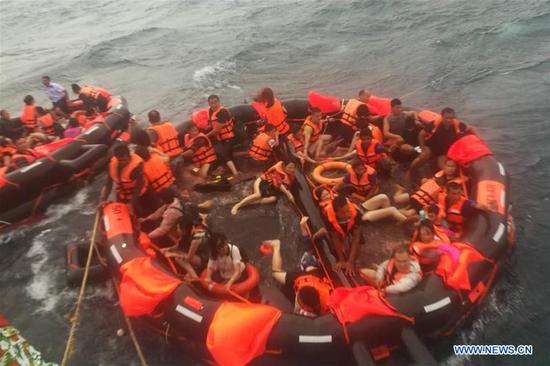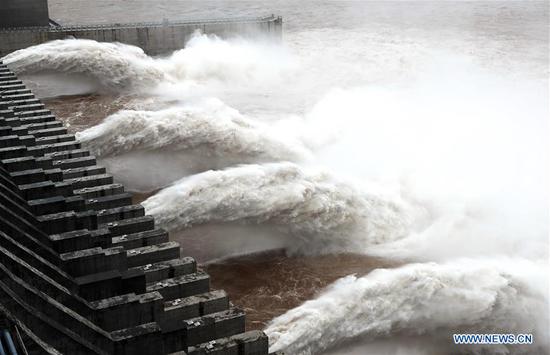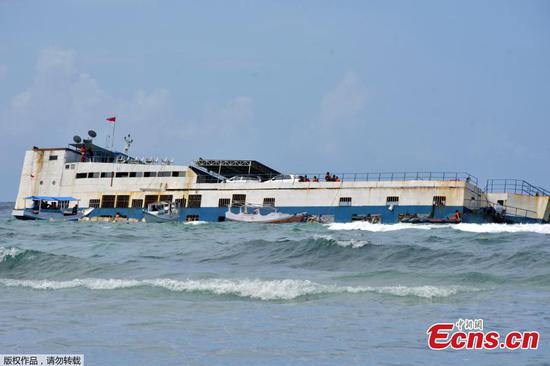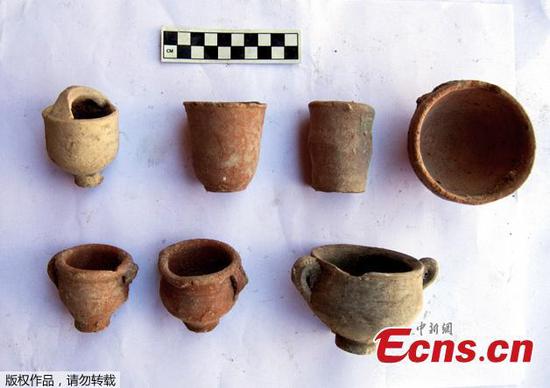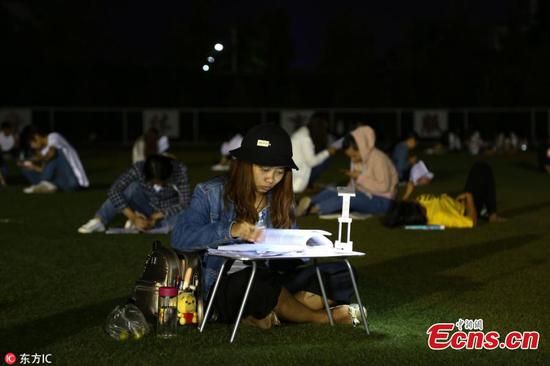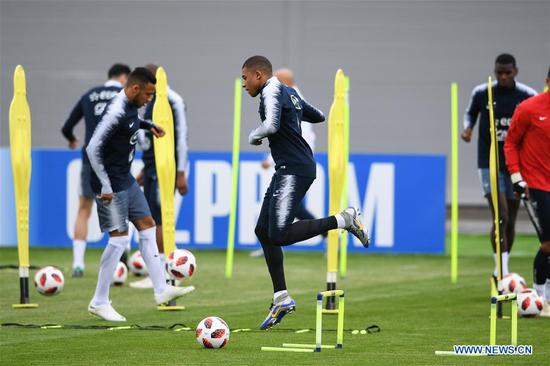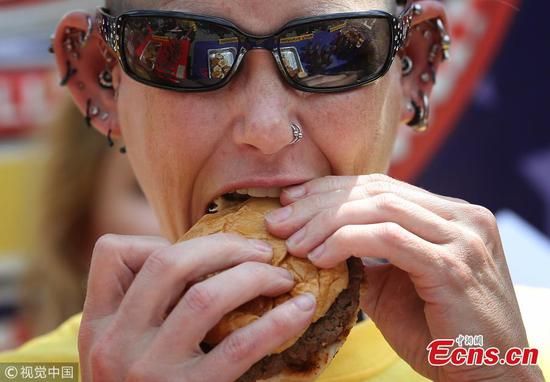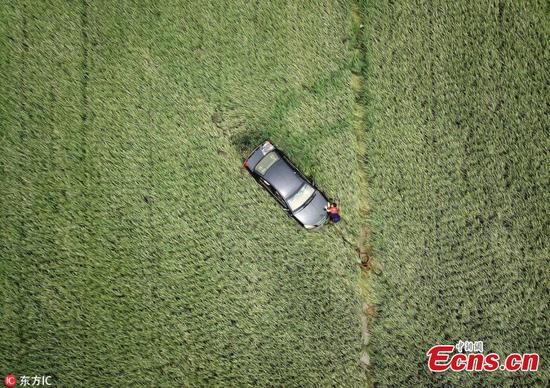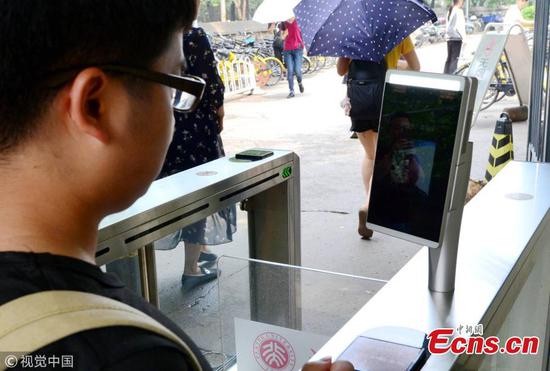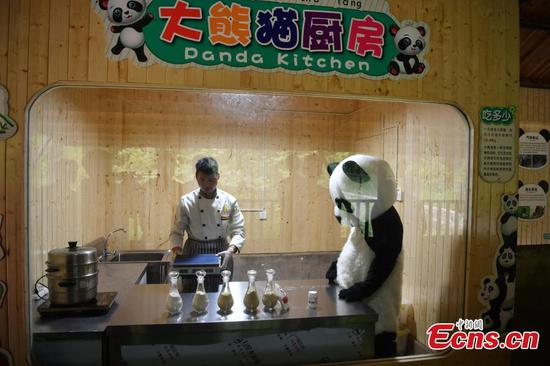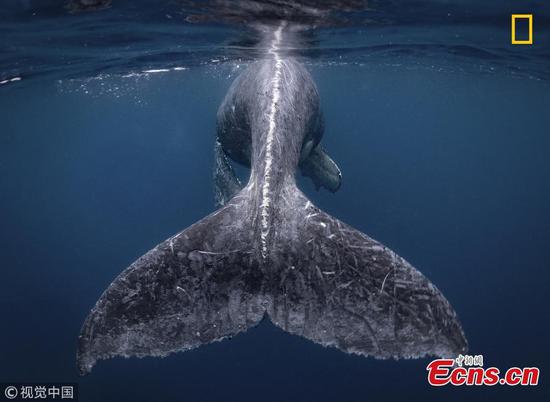The world is not on track to reach United Nations Sustainable Development Goal 6 (SDG 6) on Water and Sanitation by the deadline set for 2030, a new UN report said Thursday.
Today, billions of people lack safe water, sanitation and handwashing facilities, said the report released here by UN Water.
"Ecosystems and water sources are becoming more polluted, and funding for water and sanitation services is inadequate," said the report. "In addition, governance and delivery systems are weak and fragmented."
The report says that water and energy are closely associated.
A 48 percent increase in global energy consumption is expected by 2040 (above 2012 levels), it says.
The report builds on the latest data available for the 11 SDG global indicators.
Representing a joint position from the UN family, it offers guidance to understanding global progress on SDG 6 and its interdependencies with other goals and targets.
In view of the High-level Political Forum on Sustainable Development that will start on July 9 in New York, the report provides insight into how countries can plan and act to ensure that no one is left behind when implementing the 2030 Agenda for Sustainable Development.
"Water, sanitation and hygiene services, agriculture and industry all need energy for pumping water, treating wastewater, irrigating crops and desalination," says the report.
Energy demands in the water sector are increasing as more farmers exploit groundwater for irrigation, and substantial increases in water treatment are expected in order to meet SDG 6 targets.
The report notes that all 193 Member States of the UN General Assembly unanimously agreed to Transforming our World: the 2030 Agenda for Sustainable Development (the 2030 Agenda) in September 2015.
It says that the 2030 Agenda is a plan of action for people, the planet and prosperity in which those states resolved to "end poverty in all its forms."









